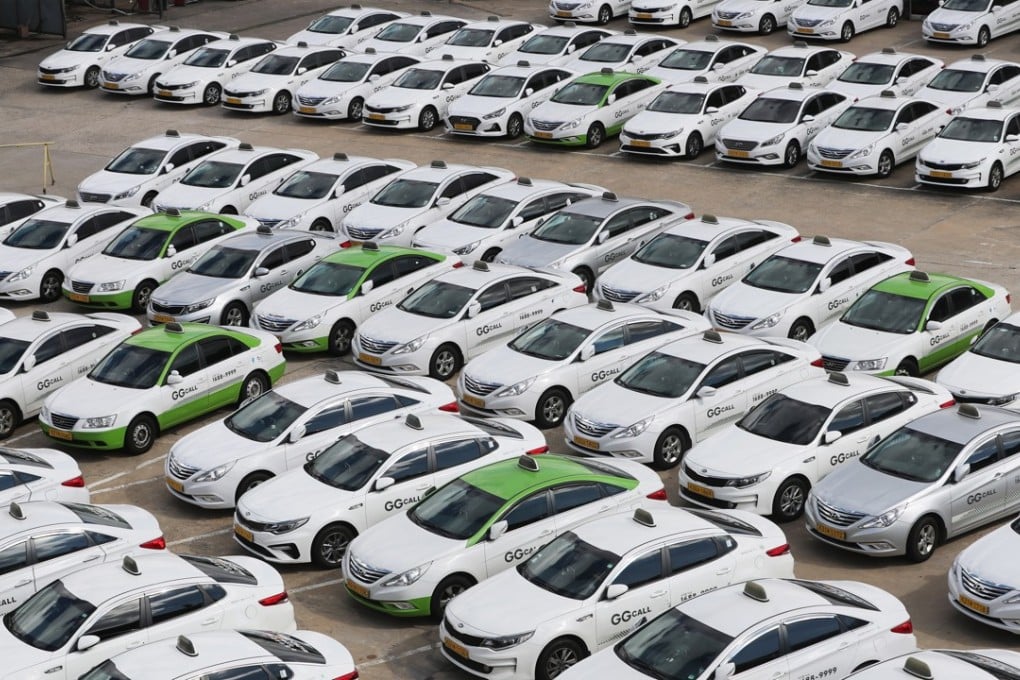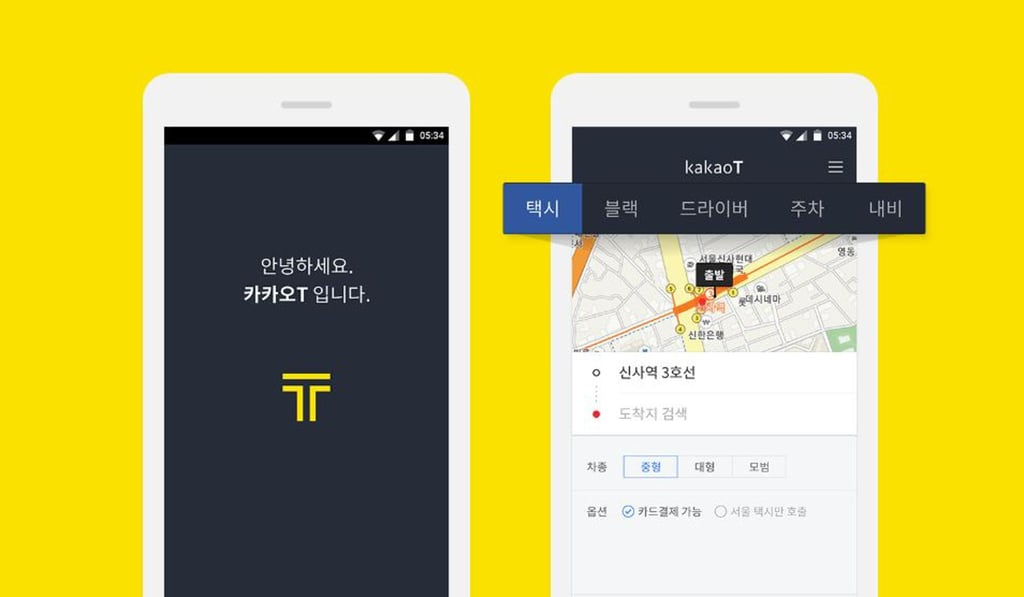All hail South Korea’s sharing economy (except its taxi drivers)
- Cabbies protesting against a car-pooling app by Kakao are fighting a losing battle.
- The tech savvy country finally appears to be embracing the sharing economy – and not even its chaebol firms are immune to change

Don’t tell its long-suffering taxi drivers, but Seoul may finally be ready to embrace the sharing economy.
Granted, that’s not the impression casual observers will have had earlier this month when taxi drivers filled the streets outside city hall to protest against Kakao, makers of the latest ride-sharing app that provoked their wrath.
The protest was eerily reminiscent of the ones that helped slam the door on ride-hailing giant Uber back in 2015 and served as a reminder of the many roadblocks Mayor Park Won-soon has faced in bringing the capital city up to speed with the transport revolution taking place in much of the rest of the world.
The cabbies are now waiting on the government to decide Kakao’s fate, but this time around politicians may well be on the side of innovation, especially because the app in question comes from a home-grown tech company.
“This time the sentiment is so different,” says Joseph Lim, a visiting professor at Yonsei University who advises start-ups in Seoul and works as an innovation officer at the World Federation of United Nations Associations. “Last time they protested, Uber was definitely out.”
Polls show that a majority of South Koreans – 56 per cent – support Kakao, which markets its latest app as a carpooling service rather than a taxi-hailing one.
